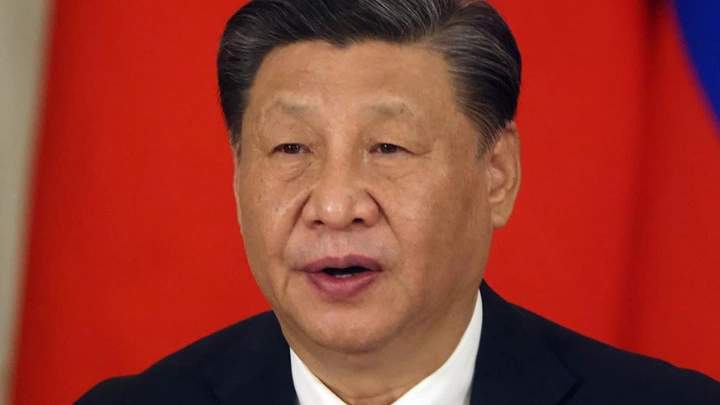In 2014, during the Central Foreign Affairs meeting in Beijing, Chinese President Xi Jinping advocated for strengthening China’s soft power globally by improving how the country communicates its message. In the subsequent years, Chinese state-controlled media focused on cultural investments and international cooperation, establishing marketing networks and expanding the reach of quality cultural assets abroad, particularly in Africa.
China’s African outreach
China’s information campaigns in Africa are subtle, focusing on economic issues and promoting a positive narrative around its investments, mainly in the Belt and Road Initiative. State-controlled media outlets like Xinhua, China Daily, China Radio International (CRI), and CGTN (formerly CCTV International) play a vital role in this narrative.
Meanwhile, StarTimes, a Chinese-owned media company, has become Africa’s second-largest digital TV provider, with over 13 million digital TV and 20 million streaming subscribers. It has invested over US$2 billion in digital TV infrastructure across 30 African countries.
Chinese state-controlled media focused on cultural investments and international cooperation, establishing marketing networks and expanding the reach of quality cultural assets abroad, particularly in Africa.
Additionally, China actively produces documentaries to enhance its soft power, such as Africans in Yiwu, TAZARA: A Journey without an End, and Bobby’s Factory. For instance, the docuseries “Bobby’s Factory” focuses on a Chinese factory owner in Africa and his positive interactions with local workers. Another series, “TAZARA: A Journey without an End”, highlights the Tanzania-Zambia Railway (TAZARA) project, a symbol of China-Africa cooperation under the broader umbrella of BRI. Consisting of three episodes, “A Railway of Friendship”, “The Life Line”, and “Love for Tazara”, the docuseries delves into the emotional connection of the railway line and how it positively impacted Tanzanian youth. Similarly, “Africans in Yiwu-Chinese Meet Africa” depicts stories of hardworking and enterprising people living in Africa and their efforts to bridge the China-Africa gap. Finally, ‘My China Story’ features Africans sharing positive experiences from their time in China, further shaping a favourable image among younger generations.




